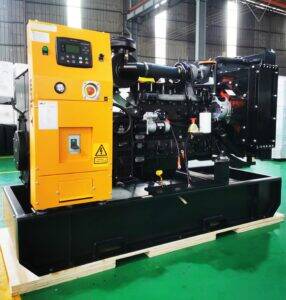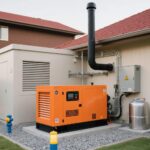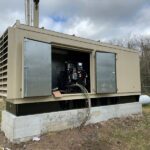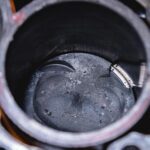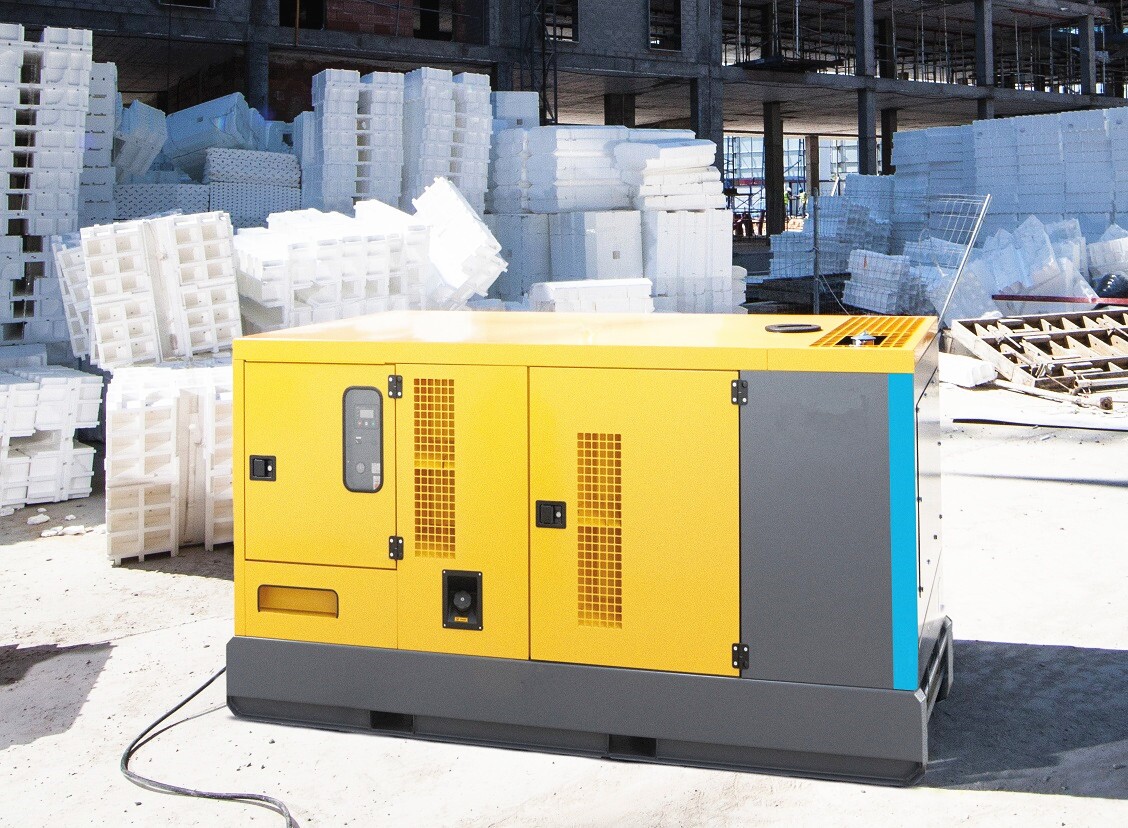
Diesel generators are a crucial part of providing reliable power solutions across industries. But, which ones should you choose? Let’s break it down.
The best type of diesel generator depends on the specific needs of your business or project. Factors such as power output, fuel efficiency, and reliability will guide your decision.
When choosing a diesel generator, it’s important to know the different types and what makes them stand out. Let’s explore the best types available on the market today.
What factors should you consider when selecting a diesel generator?
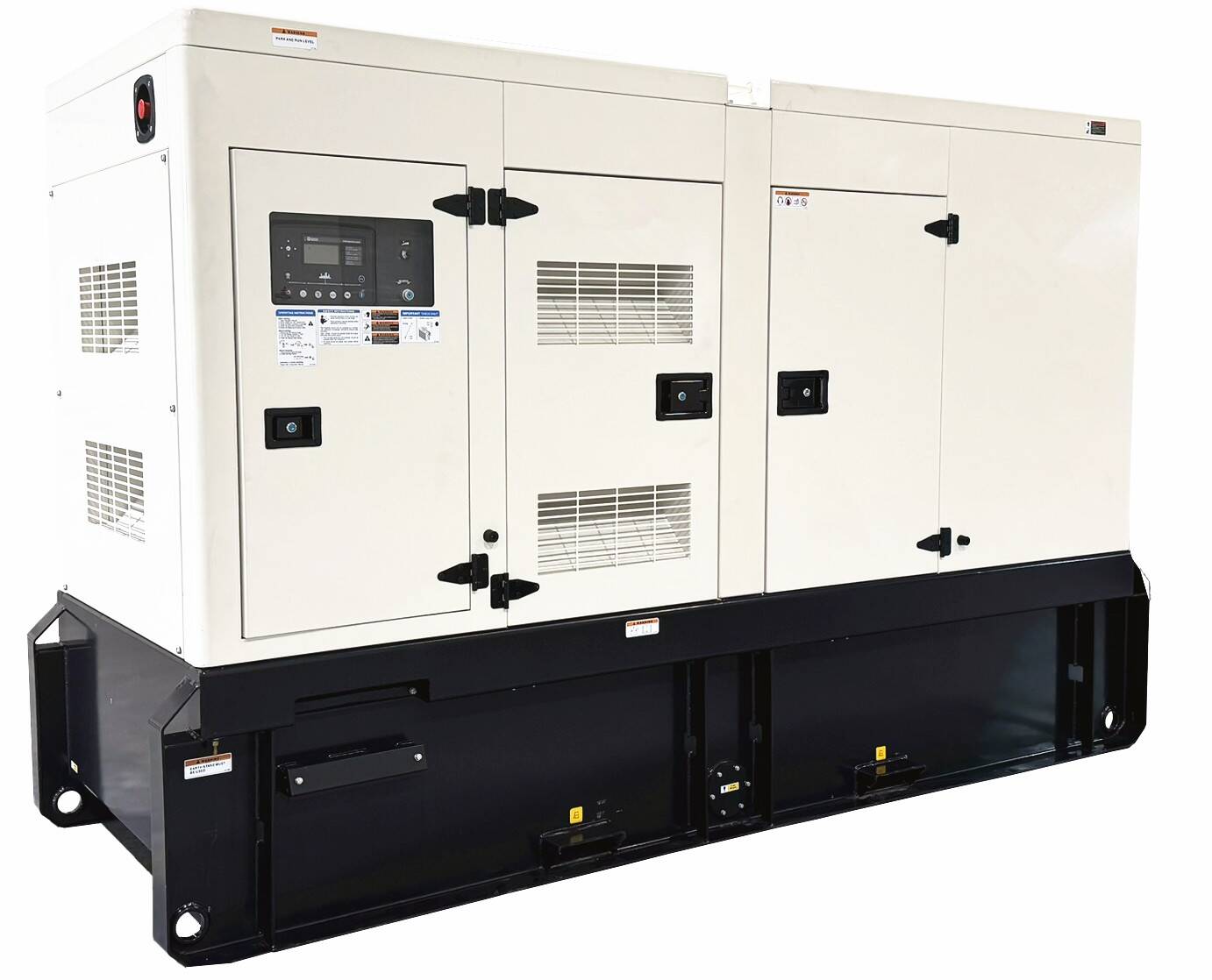
Choosing the right diesel generator isn't always easy, but it’s crucial for your business. Each generator has different features that serve different purposes.
Power output, fuel efficiency, size, and maintenance needs are the top factors when selecting the right diesel generator.
Power Output and Capacity
When selecting a diesel generator, the first thing to consider is the power output. You need a generator that can handle your power needs without overloading. Overestimating power requirements could lead to unnecessary costs, while underestimating them can result in power failures.
Generators are typically classified based on their capacity, measured in kilowatts (kW) or megawatts (MW). It's important to match your specific energy demand with the generator's capacity. If you're working with large industrial equipment, you’ll need a higher capacity generator.
For smaller applications like office buildings or homes, a lower capacity generator might be sufficient. However, for critical operations like hospitals or data centers, you need a high-capacity backup generator that can support everything during an outage.
Fuel Efficiency
Fuel efficiency is a key aspect to consider when purchasing a diesel generator. Diesel is generally more fuel-efficient than gasoline, but different generator models offer varying levels of efficiency. Diesel engines with modern fuel management systems are designed to reduce fuel consumption while still providing reliable performance.
A generator with good fuel efficiency means you’ll spend less on fuel over time. This can add up, especially if your operations require constant backup power. Also, fuel-efficient models tend to generate less emissions, which is a plus if you’re working in areas with stricter environmental regulations.
Size and Portability
The size of the generator should match your space requirements. Larger generators might not always be practical, especially if you need portability or limited installation space. For example, portable generators are ideal for smaller sites or temporary operations, while stationary units are better for fixed, large-scale applications.
Portable generators can be useful for backup power in remote locations or construction sites. However, for larger operations, you may require industrial-grade, permanent units that offer higher capacity and durability.
Maintenance and Durability
All diesel generators require maintenance to ensure long-term performance. Some generators require more frequent servicing than others, and these maintenance needs can influence your decision. It’s also important to think about the expected lifespan of the generator. Diesel generators with quality engines from well-known manufacturers tend to last longer and require less maintenance.
Generator models with automated maintenance alerts and easy access for repairs are more user-friendly, saving you time and effort. Regularly servicing your generator and replacing key parts when needed will help maintain its efficiency and longevity.
Which are the best types of diesel generators for specific needs?
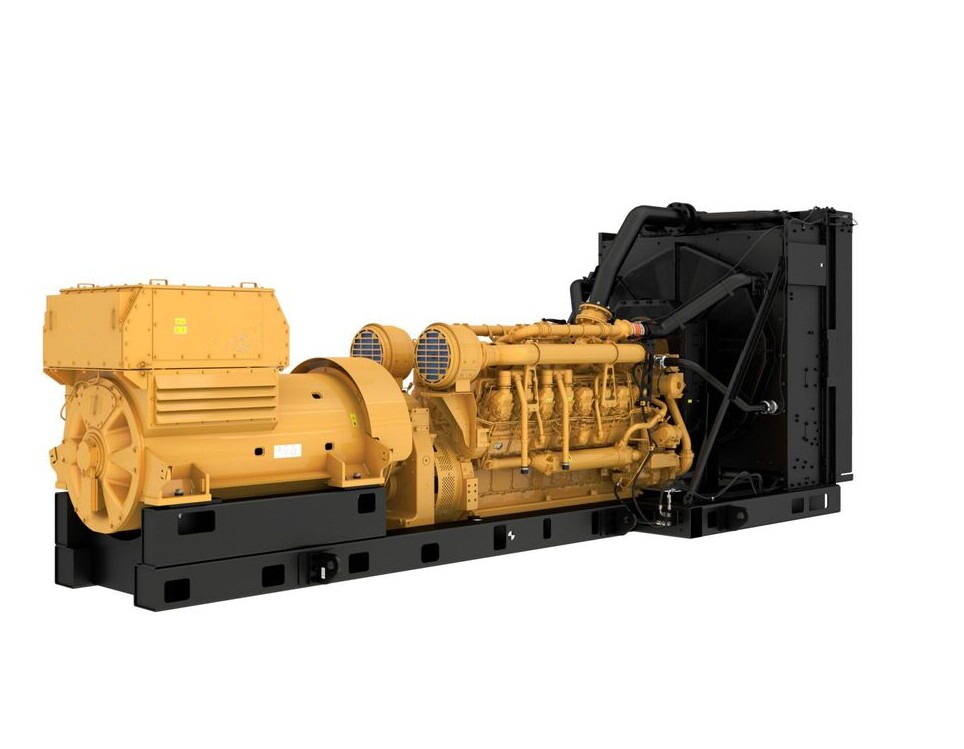
Each generator type is built to address different power needs, so knowing the right one for your operation can make a big difference.
The best type depends on whether you need a portable solution, a standby unit, or an industrial-grade generator.
Portable Diesel Generators
Portable diesel generators are compact, lightweight, and designed for smaller-scale power needs. They’re typically used for outdoor activities, construction sites, and as temporary power sources in remote areas. They are versatile, easy to transport, and can be stored when not in use.
Portable diesel generators can provide anywhere between 3 kW to 20 kW of power, making them ideal for powering small tools or appliances.
| Feature | Portable Diesel Generators |
|---|---|
| Power Output | 3 kW to 20 kW |
| Typical Uses | Outdoor, Construction, Backup |
| Size | Compact and Transportable |
| Maintenance | Low maintenance, easy to service |
Standby Diesel Generators
Standby generators are designed for more permanent installations. They provide backup power during outages and are commonly used for businesses, hospitals, schools, or large residential buildings. Unlike portable units, standby generators are connected to your electrical system and automatically start when the main power supply fails.
Standby generators usually range from 20 kW to 2000 kW, depending on the size of the building or facility they’re supporting. They offer reliable performance with minimal downtime.
| Feature | Standby Diesel Generators |
|---|---|
| Power Output | 20 kW to 2000 kW |
| Typical Uses | Large Homes, Hospitals, Businesses |
| Size | Stationary, Requires Installation |
| Maintenance | Regular, but lower than portable |
Industrial Diesel Generators
Industrial diesel generators are the most powerful and durable units. These generators are used in large-scale operations like factories, data centers, or large construction sites where power demands are constant and high.
These generators provide hundreds of kilowatts to megawatts of power, and they can operate for long hours without compromising efficiency. They are designed for maximum reliability, even in the most demanding environments.
| Feature | Industrial Diesel Generators |
|---|---|
| Power Output | 100 kW to 1000+ kW |
| Typical Uses | Large Factories, Data Centers |
| Size | Large, Requires Significant Space |
| Maintenance | Regular, requires professional servicing |
Silent Diesel Generators
Silent diesel generators are designed to reduce noise levels, making them ideal for residential areas, urban settings, or places with noise restrictions. While regular diesel generators can be quite loud, silent models are equipped with noise-reducing technology, allowing them to operate without disturbing the environment.
These generators come in various sizes and are great for backup power in areas where noise pollution is a concern.
| Feature | Silent Diesel Generators |
|---|---|
| Power Output | 10 kW to 500 kW |
| Typical Uses | Residential, Events, Urban Areas |
| Size | Compact, Easy to Store |
| Maintenance | Low maintenance, easy to service |
Conclusion
The best diesel generator for you depends on your specific needs—whether it’s a portable unit for temporary power, a standby generator for emergencies, or an industrial generator for continuous high-demand use.
Buying And Technical Contact
You can contact us in many ways:
You can go to our website (URL: https://waltpower.com/contact/) and drop us a message.
You can email us:
Our Contact is: +8618717996108 (WhatsApp)

